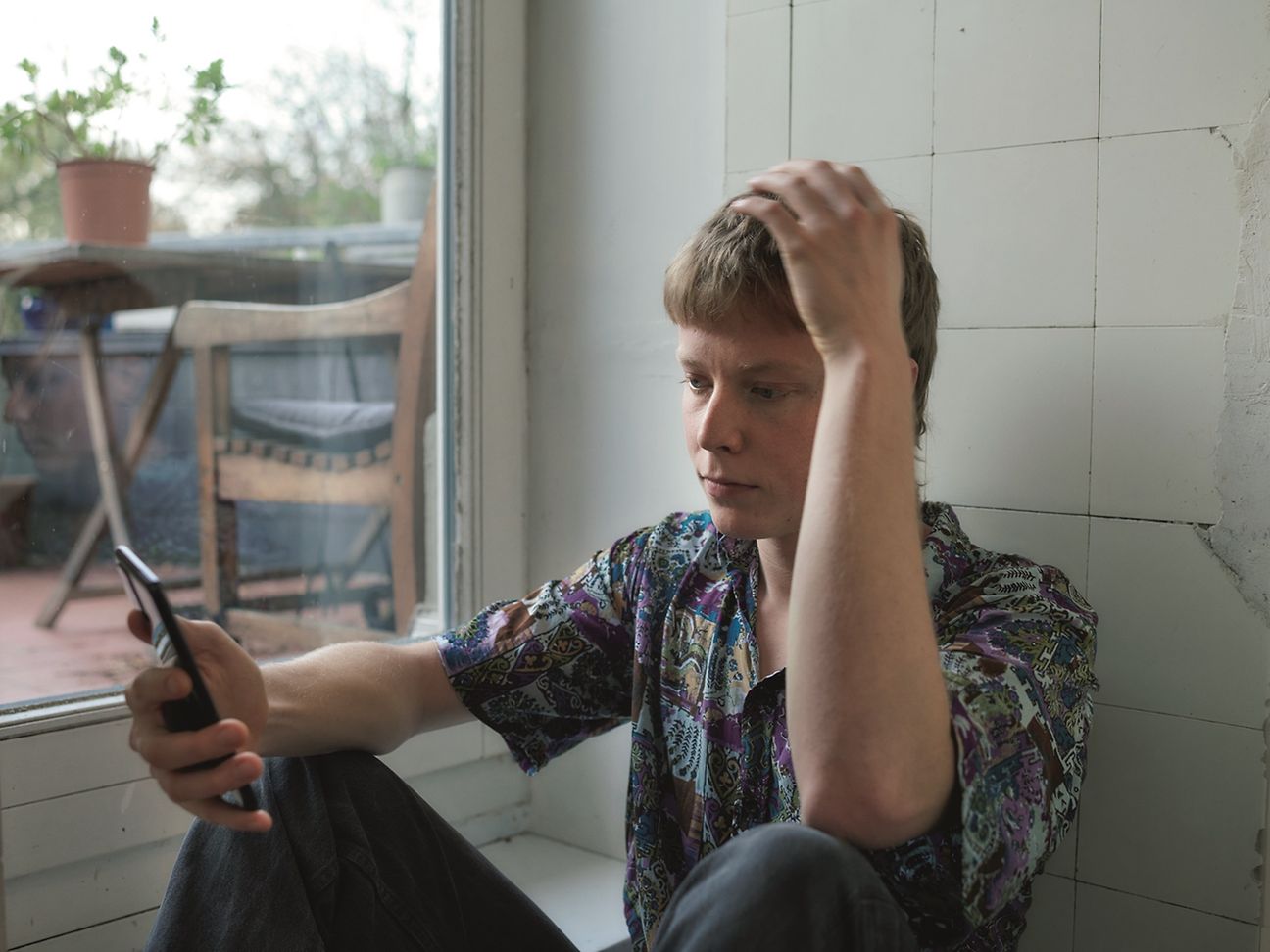

Strengthening democracy with fact checks
Informing oneself about current events on the internet has long been part of everyday life for many people. In the Digital News Report 2021, 40 percent of those surveyed in Germany describe the internet as the most important news resource. Among 18 - 24 year-olds, the share is 70 percent.
The advantages are obvious: the information on smartphone, tablet or computer can be called up at any time. Liking, sharing and commenting can be done in seconds. At the same time, anyone can become a news author and publish content on the internet. But what sounds positive has darker sides: Digital media are also deliberately misused for disinformation, opinion-making and propaganda. This damages our democracy - especially in times like these.
With facts against fake news
With the aim of counteracting this and strengthening democratic civil society, CORRECTIV was launched in 2014 as the first non-profit research centre in the German-speaking world. CORRECTIV is one of 44 partners of Telekom in the campaign #TAKEPART-No hatespeech.
Investigative journalism is at the heart of the non-profit organisation. This is the unifying element in all its diverse projects. "We trigger public debates, involve citizens in our research and promote media literacy with our educational programmes" - this is how CORRECTIV describes itself.
With an independent editorial team, CORRECTIV.Faktencheck, they campaign against disinformation on the internet. The aim: to use facts to combat misinformation, rumours and half-truths and thus oppose the spread of hatred and a threatening division of society.
Every day, CORRECTIV's professional fact-checkers check rumours and potential misinformation that spread on the internet, on blogs, in videos or in other forms on social networks. Only factual claims are subjected to a fact check, not clearly marked opinions or forecasts. The focus is primarily on posts that are already spreading virally, i.e. have already potentially reached many people and can cause great damage.
CORRECTIV.Faktencheck operates according to the principles of the International Fact-Checking Network (IFCN), of which they are also a member. According to these, they commit to non-partisanship and fairness, disclosure of sources as well as supporters and organisations, transparency of operations and open and honest correction.
With #UkraineFacts international together against disinformation
The IFCN has been bringing together fact-checking organisations and supporting them in the fight against misinformation since 2015. So far, over 100 organisations worldwide have joined this alliance.
Especially in times of crisis, misinformation on the internet increases enormously. To counter this, the IFCN has published under #UkraineFacts the website ukrainefacts.org. There you can find a country map with currently more than 790 fact checks on events in Ukraine. More are added every day. The map shows how many and which misinformation has already been refuted in which countries. The special feature: Fact-checking teams around the world are working together to combat misinformation and share their findings.
Ultimately, each of us is asked to remain attentive on the internet and to question news in the social media - especially if the source is unknown or seems dubious. Often it is also the amount of information that tempts us to get stuck on headlines and not look further into the content. This is why source literacy is one of the crucial skills for digital participation, which today also means social participation.
Working together to curb fake news: Anyone who finds an allegation, statement or rumour on the internet can send it to CORRECTIV via the CrowdNewsroom or via WhatsApp - they will do the fact-checking.

